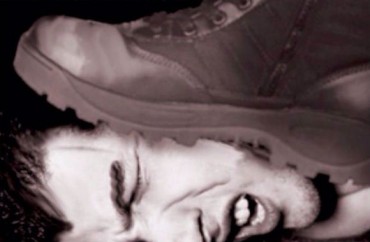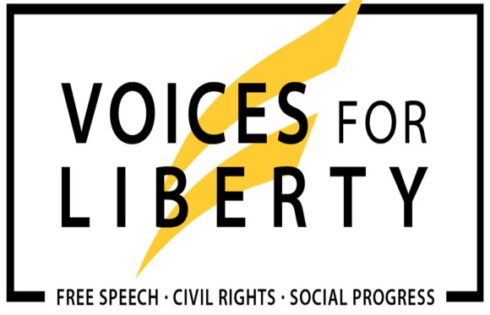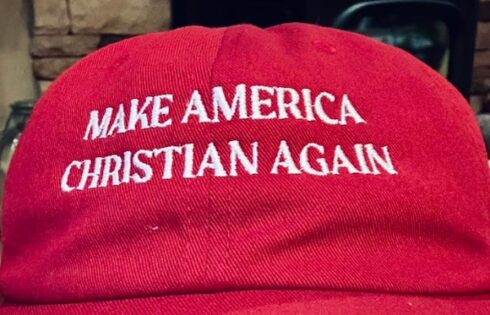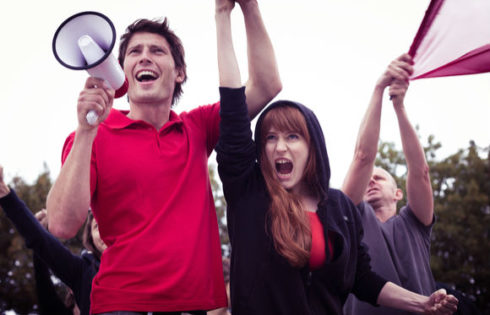
Do you want to give administrators the power to define your speech?
We told you recently about an Alaska school district that ditched its new mascot after someone looked up the moniker on the user-generated Urban Dictionary, which said it could be a racial slur.
In that case, the student committee said the existence of any offensive definition for “Thunder Bear” meant the moniker was tainted.
What has long puzzled me is why American students have yet to get woke to the fact that there’s more than one way to define “diversity and inclusion.”
A new Gallup survey of more than 3,000 U.S. college students, including an oversample of students at historically black colleges, finds they value these nebulous principles more than they value free speech: 53 percent to 46 percent.
The demographic breakdown shows diversity and inclusion is more popular with Democrats (66 percent), women (64 percent) and blacks (68 percent). Support for free speech only reaches into the 60s with two groups: Republicans (69 percent) and men (61 percent).
One of the surprising findings is from students at historically black institutions. They have the same split on the issue as the survey participants at large, 53 to 46. That suggests that when race is a minor factor in campus life, free speech is far less associated with nefarious purposes.
The confusion of the respondents is made clear when they answer which is more important, a “positive learning environment” that prohibits “offensive or biased” viewpoints or an “open learning environment” that exposes students to “all types of speech and viewpoints,” even offensive or biased ones.
All groups supported the open environment, with Democrats (61 percent) and blacks (62 percent) at the low end and men (75 percent) and Republicans (86 percent) at the high end. Here too, students at historically black institutions (69 percent) nearly mirror the national average (70 percent).
Echoing the findings of earlier surveys, this one – sponsored by the Knight Foundation, American Council on Education, Charles Koch Foundation and Stanton Foundation – found broad support among all groups for the exclusion of “hate speech” from the First Amendment, from a low of 52 percent among Republicans to a high of 75 percent among Democrats.
Overall, 64 percent of students would give carte blanche to the courts to rule that peacefully expressed speech is illegal.
Support is even higher for some forms of supposed hate speech: 73 percent would ban “slurs” and 60 percent “stereotypical costumes,” with Republicans against the least supportive (61 and 47 percent) and blacks the most supportive (82 and 72 percent).
It becomes clear that students have no clue how to apply the First Amendment when they are asked about professional athletes protesting during the playing of the national anthem.
The percentages are largely flipped: A slight majority of Republicans say athletes have “the First Amendment right” to protest, while blacks and Democrats gave the same answer in the 90s.
As employees of private organizations, athletes don’t actually enjoy unbridled speech rights while they’re on the job, and their contracts can also circumscribe their speech off the field as a condition of employment. Much of this is subject to union negotiation, and there’s also an open legal question when it comes to taxpayer-financed stadiums.
When combined with strong student support across the board for “safe spaces” and “free speech zones” (better described as “censorship zones“) – even 70 percent of Republicans! – these findings provide a clear roadmap for administrators to crack down on any student behavior they dislike with minimal pushback.
They simply have to devise talking points that explain how the expression of certain viewpoints harms diversity and inclusion, while mouthing their support for an open environment that tolerates the existence of all viewpoints.
They could say that derisively calling a white woman “Becky” (as did a leftist grad student who was stripped of teaching duties) is banned as a racial slur, or that mocking white people on TV is racist (deployed against a black professor fired by a black president last year).
Students who show such confidence in the wisdom of administrators to decide what qualifies as “hate speech” and “inclusion” should pay close attention to what’s happening at Rensselaer Polytechnic Institute, which is cracking down on student activism that is not “civil” (undefined) and attacking alumni who criticize the administration as racists and sexists.
The larger problem, sadly, is that students are already widely self-censoring because of fear of peer judgment.
Everyone in the Gallup survey agrees political conservatives are “less able to express their views” on campus than any other demographic on campus (just behind Muslims), and now a majority believe that social media “stifles free expression because people are afraid of being attacked or shamed by those who disagree with them.”
This specific response has climbed 10 percentage points since the last Gallup survey on the subject in 2016. The new survey findings broadly show students becoming less tolerant of speech and more craving of inclusion since the previous survey.
If these trends hold, perhaps it won’t matter that the courts continue to broadly protect First Amendment rights on public campuses and perhaps start to enforce contract language promising freedom of expression on private campuses.
Students will continue narrowing the window of appropriate public discussion through cultural pressure, thereby increasing the presence of vile and vitriolic anonymous discussion online, and the downward spiral will continue.






Please join the conversation about our stories on Facebook, Twitter, Instagram, Reddit, MeWe, Rumble, Gab, Minds and Gettr.